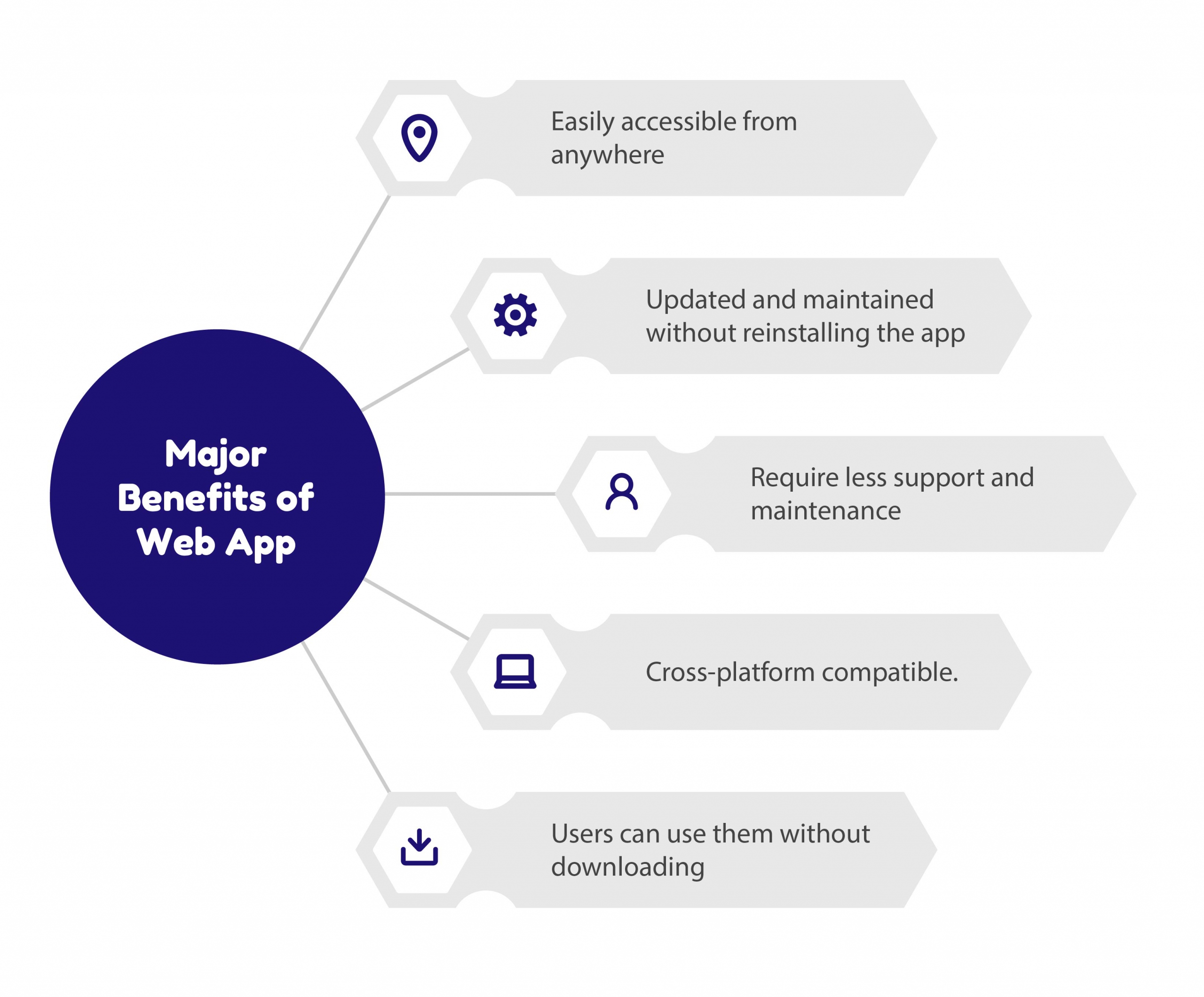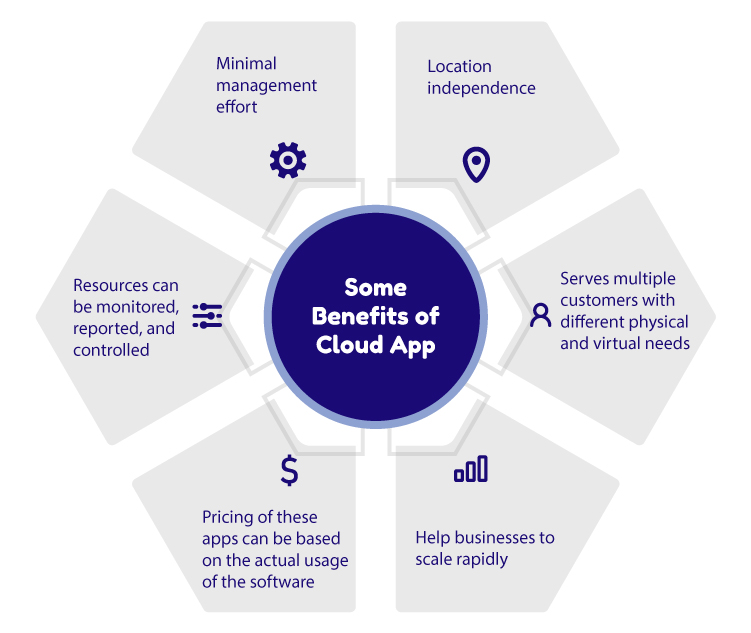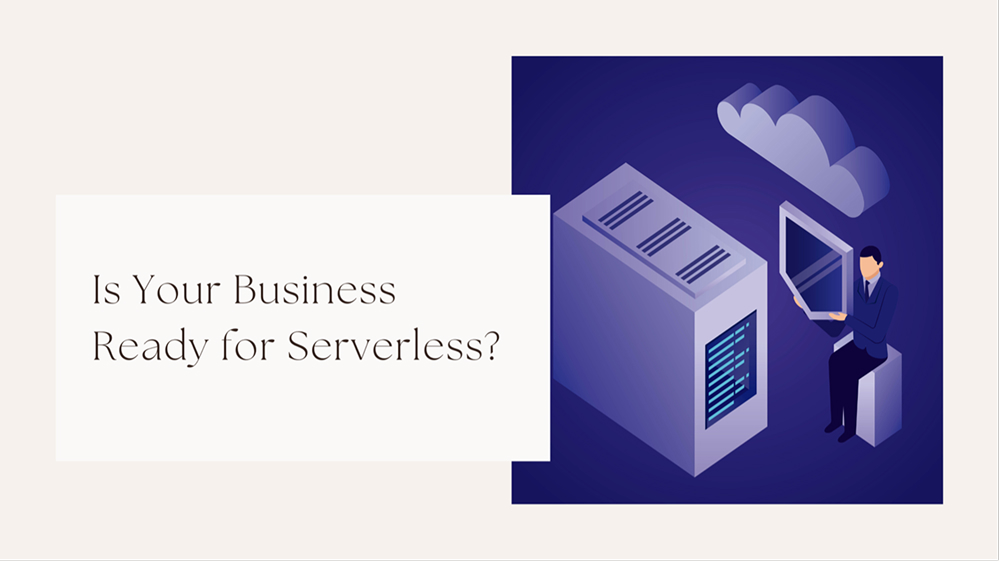Web Apps vs Cloud Apps – Know The Difference And Benefits

Introduction
In this digital world, everything is changing at a greater pace. Every sector wants to run their business at the same pace so that they can improve their revenue. With the demand for new tech trends is growing, more and more business organizations are focusing on developing their own business application. by seeing the growing demand for apps, we can say that apps have already become an “integral part” of your business’s online existence.
Web apps are consistently on the rise and according to a survey by Gartner, 91% of enterprises have developed and deployed mobile apps. Conversational apps are ruling the tech market by becoming the most developed application type. The Voice app follows the conversational apps with a development percentage of 73. Then comes the Chatbot apps with a development percentage of 60.
Forbes states that over 81% of business organizations have already laid the multi-cloud strategy. They believe that if everything goes as planned then by the end of 2021, 85% of the workload will shift to the cloud.
After reading the above-mentioned stats we can see that Web Apps and Cloud Apps are neck-to-neck in the race of popularity. While both of them are very similar in terms of usage, they differ quite a lot from a technical point of view.
In this blog, we will be discussing some of the benefits and differences between Web Apps vs Cloud Apps, and what a business should choose?
What are Web Apps?
A web app uses a web browser and web technology to carry out tasks over the internet. Web applications are designed and developed to run on web browsers, and they also require a stable internet connection
Some of the most common examples of web apps are the apps that are used by retail stores, online banking apps, e-ticket booking apps, and even social media apps.
Some of the Major Benefits of Web Applications
There are many advantages of using web apps, but some of the most obvious benefits are listed below. Let’s have a look at them.

- Web apps are easily accessible from anywhere and through any web browser.
- Users can easily access web apps if the browser is compatible, reducing the chances of many compatibility issues.
- Updating and Maintenance of these types of applications are very easy. There is no need of reinstalling the software multiple times.
- Web applications don’t store the personal details of clients. Therefore the data servers of the enterprise must retrieve and verify the information.
- Web apps require less support and maintenance from the developer’s end and have lower requirements for the end user’s computer.
- These apps can run on multiple platforms regardless of the operating system and device, thus making them cross-platform compatible.
- Web apps allow users to use them without downloading the application, hence eliminating any hard drive space limitations.
What are Cloud Apps?
Some developers, consider the cloud app as an updated version of web apps. But for an application to develop into a cloud app, it should have the below-mentioned features.
- Web browsers can easily run the cloud apps and also allows easy installation on devices.
- Data should be able to be cached locally to support full offline mode.
- Cloud apps offer various services to cater to the user’s needs, such as storage, backup, security, and many more.
- A cloud or a cloud-like infrastructure keeps the cloud data remotely.
- Cloud apps can support different user requirements through various customizations.
Some of the most popular cloud apps are Google, Microsoft, and Yahoo. But besides these popular examples, there are several other well-known cloud apps and Salesforce, Dropbox, NetSuite, Zoho, and many more.
Advantages of Cloud Apps

The purpose of cloud apps is to offer users the opportunity to work conveniently, whether it’s through on-demand services or the availability of networks, or access to a shared pool of resources. So the benefits of cloud apps include
- Minimal management effort or service provider interactions.
- Cloud apps provide broad computing capabilities, offline as well as online.
- The availability and performance of cloud services can streamline work processes and enhance profitability.
- The users can customize on-demand services to match their personal needs and requirements.
- The pricing of these apps can be based on the actual usage of the software.
- Easy monitoring, reporting, and controlling of resources. This results in providing transparency to customers and resource providers.
- With the help of cloud apps, the customer often doesn’t purchase the software they only pay for the services which it provides. As a result, users get easy access to necessary apps through cloud servers.
- Since resources are pooled, cloud apps can serve multiple customers with different physical and virtual needs.
- Cloud systems help businesses to scale rapidly outward, whether it involves storage, processing, memory, network bandwidth, etc.
- In cloud apps, there is also a sense of location independence, which offers access to information from any place or device.
Web Apps vs Cloud Apps – What are the Differences Between Them?
Few distinguishing features help in differentiating cloud apps from web apps. So let’s get into depth to know more about both web apps and cloud apps.

- Web apps are not generally designed to have the ability of multi-tenancy; that is, they don’t support the varying requirements of different customers. On the other hand, Cloud apps offer multi-tenancy and can easily support various needs and requirements of customers.
- The key difference between both web apps and cloud apps is the structure. While they both need access to online services with the help of the internet, cloud apps do not always depend on web browsers to function. Moreover, cloud apps are easily accessible from anywhere, even without a web interface.
- Moreover, cloud apps ensure customization features to enhance functionalities. Web apps do not provide the same level of functionality or customization options.
- Cloud apps are backed up by sophisticated back-end services that warrant uptime, security, and integration with other systems. Moreover, it allows multiple access methods and supports scalability. It requires data mirroring and rapid data synchronization. Web apps cannot do as much because they are stored on a remote server and delivered over the internet through a browser interface.
- While web apps retrieve and verify client information from an enterprise data server, cloud apps can enhance security measures for sensitive data. Security enhancements can be added to cloud environments to ensure that cloud apps are more secure.
Web Apps vs Cloud Apps – What Should be your Ultimate Choice?
App development is transforming at a great pace. User touchpoints and their frequencies have also increased. Moreover, the change in device types now means that the future of app development will focus on a multi-dimensional experience.
There is no doubt that web browsers are continuing to serve customers as the most popular touchpoint. This trend will continue to increase as immersive, and voice-driven devices infiltrate our lifestyles. So as the modes of interaction grow, so will the need for web apps.
Therefore, an optimized web application that performs smoothly will boost UX and convert prospects into sales. Moreover, a higher customer reach can help increase profitability. But virtualization technology is also encompassing the whole business world. Software delivery and Data handling incorporated with cloud-based services, which results in the re-engineering of processes.
As we are entering the digital era with great speed, apps will be required to be built to support multiple online activities. And enterprises are recognizing the benefits of adopting cloud computing. Cloud computing technology has the capability to transform the way people relate to information and technology. Moreover, it proves to be an efficient mechanism in deploying and supporting management services.
But above all, we believe that cloud apps are taking over the corporate world. Fostering the corporate efforts will help in adding more value to the business. Since they also have the ability to draw in resources from both internal and external sources, enterprises can work more effectively in achieving their business goals.
And Finally
Service providers and app development companies need to reel in the advantages of various technologies to fulfill their customer’s needs. But with the availability of more advanced development platforms and frameworks, there is so much potential brimming on the horizon.
However, for sure, in this technological world, the demand for apps is increasing. Apps that are affordable, responsive, and agile. Custom-built, multi-tenancy apps that offer alternative access methods will be the norm.
CodeStore Technologies is a leading mobile and web app development company that helps small business owners and individuals in developing the most flexible and efficient cloud and web apps at an affordable price.[number] Also Read Website Development vs Web Application Development – What To Choose?




